Support independent journalism. Donate today!
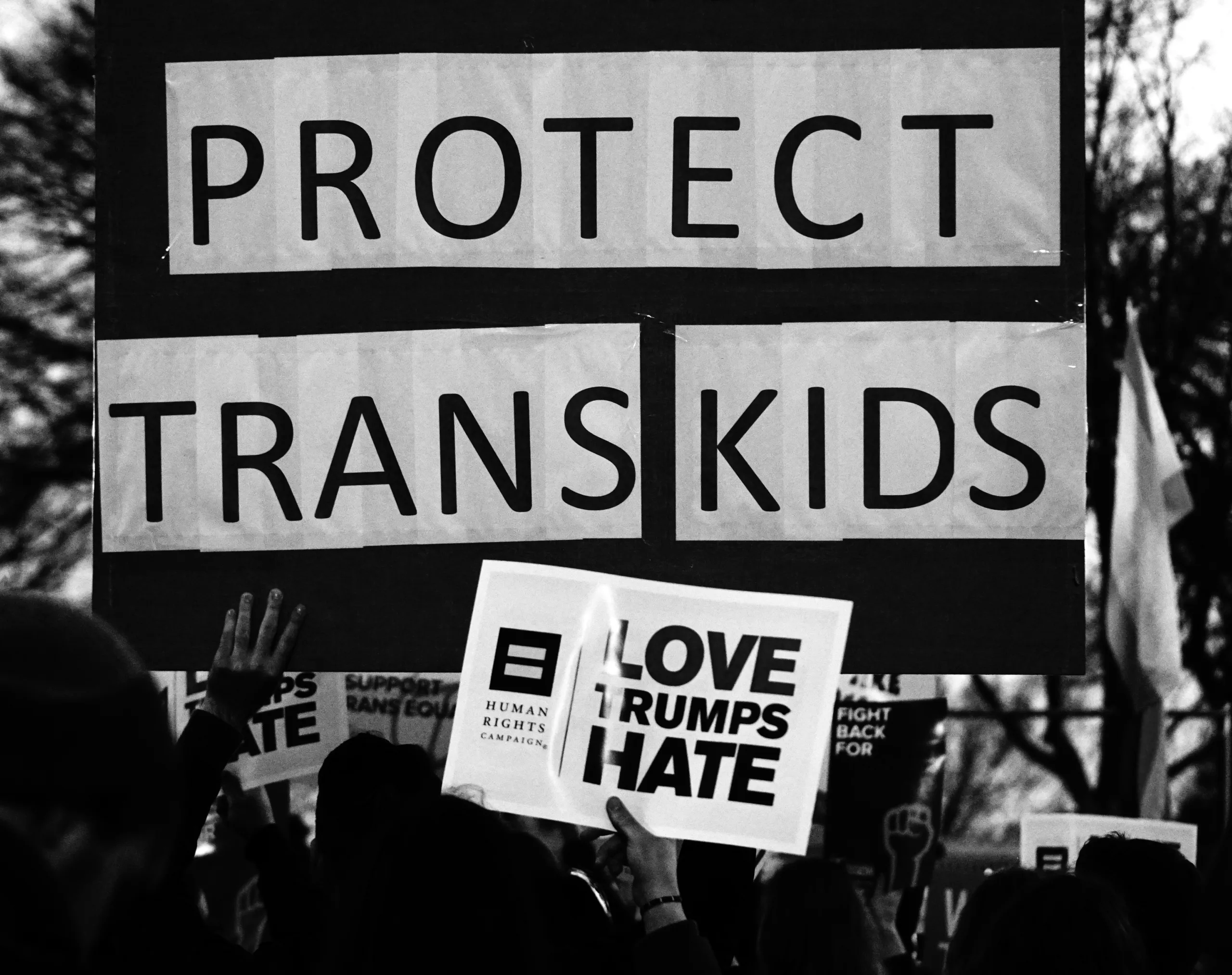
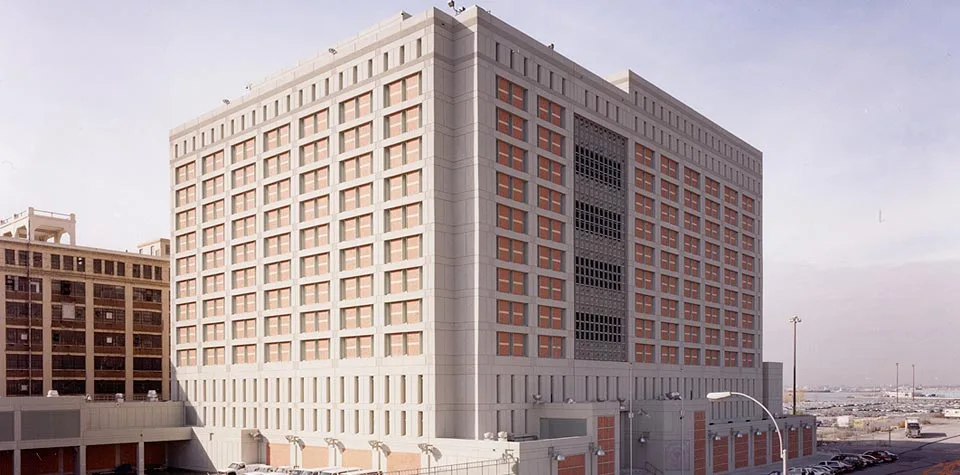
Brooklyn’s Metropolitan Detention Center often makes news for the celebrities detained there, but hundreds of other people at the jail face inhumane conditions.
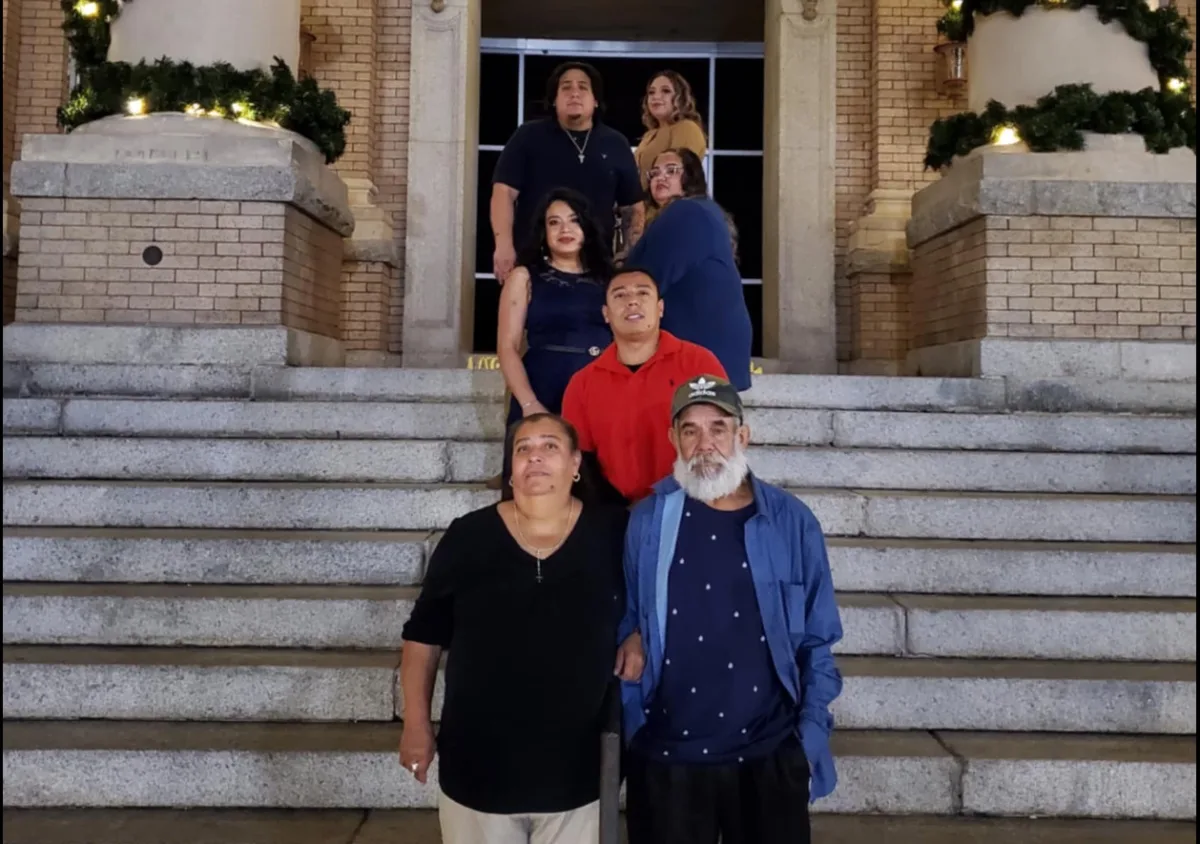
Abelardo Avellaneda-Delgado was healthy when he entered Lowndes County Jail. He died while en route to ICE’s Stewart Detention Center less than four weeks later, leaving his family in shock.
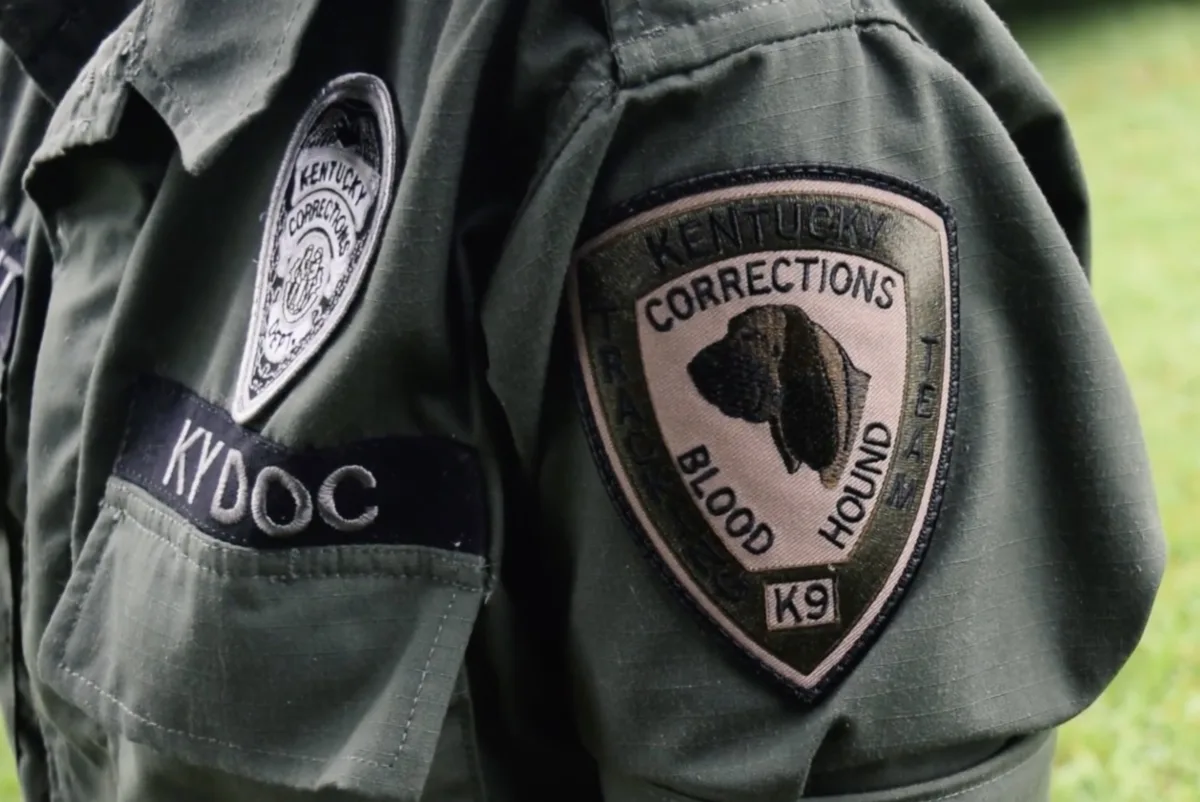
Strip searches serve as weapons of humiliation rather than security measures.
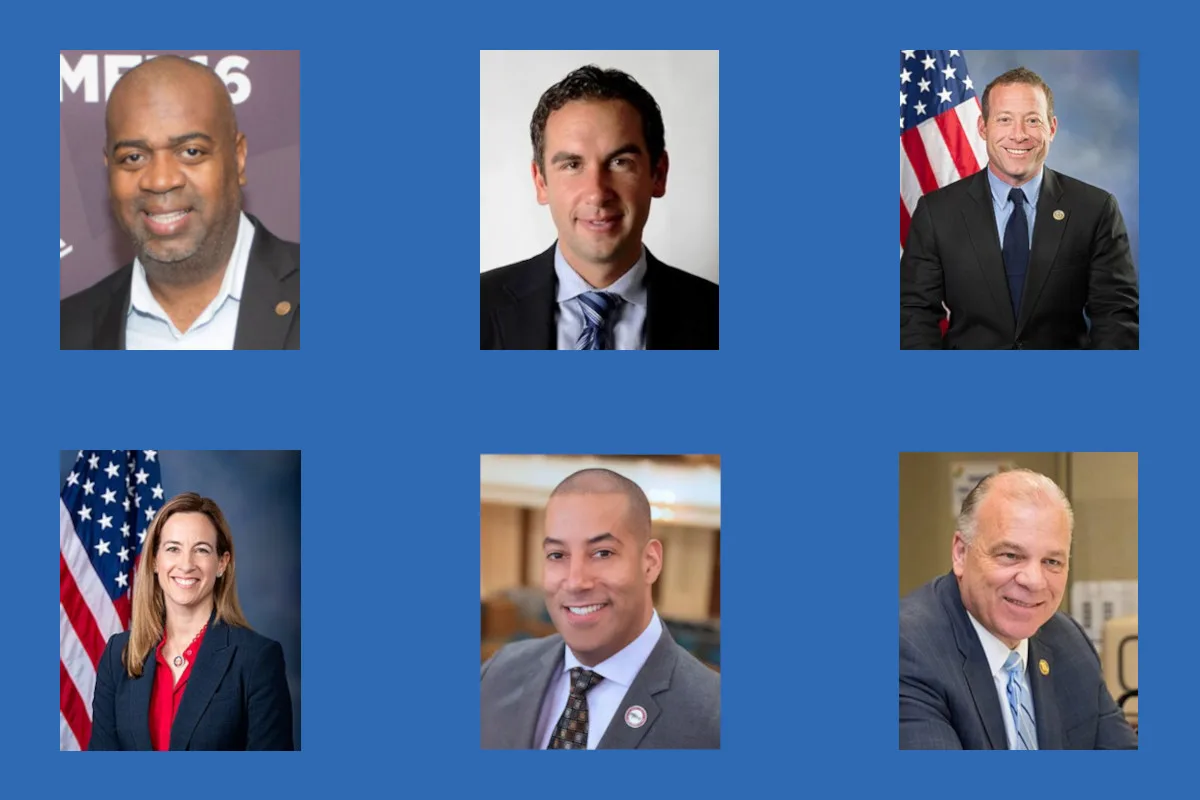
New Jersey has one of the largest immigrant populations in the country. We asked candidates in the Democratic primary what they’ll do to keep immigrants safe.
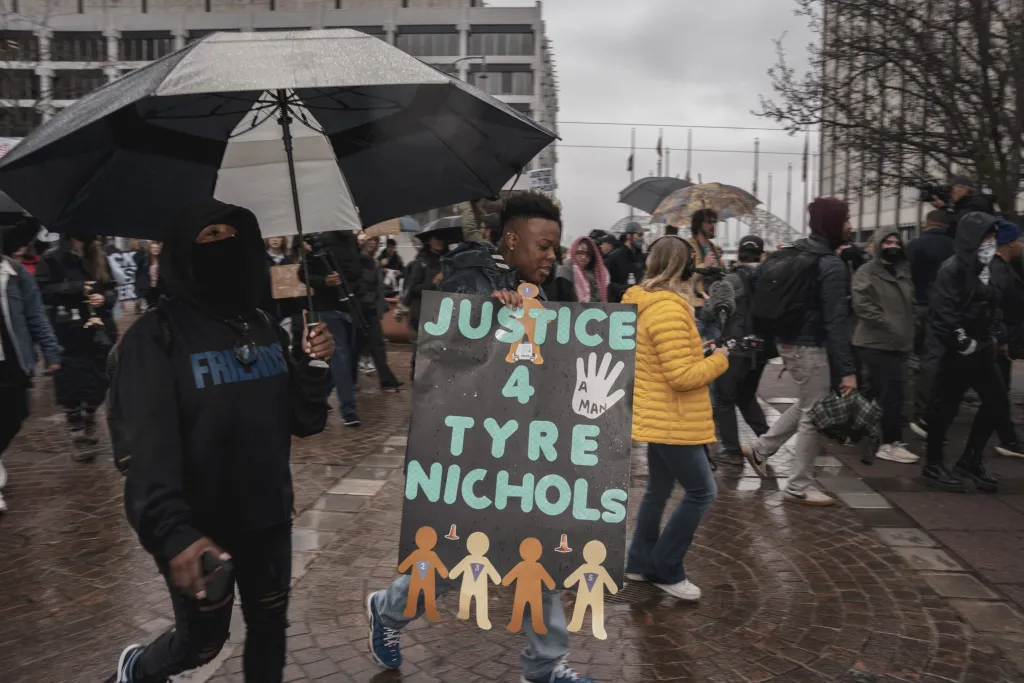
The Appeal—and much of the media—has been misspelling Tyré Nichols’ name for years.
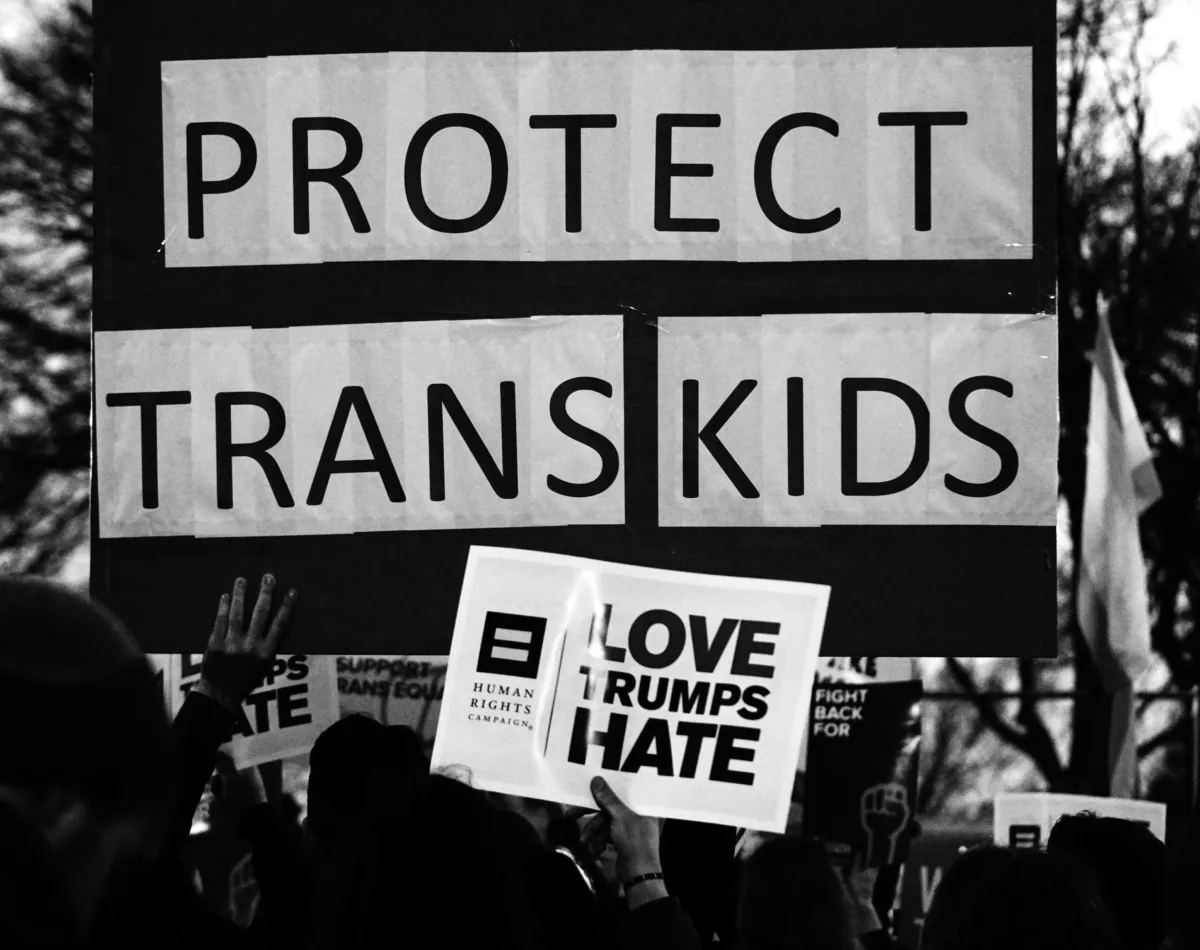
State and federal governments have moved to criminalize trans people, parents of trans children, and healthcare providers.

Creating a pretrial system that prioritizes community safety, equity, and liberty requires more than small tweaks—we need a ground-up transformation.
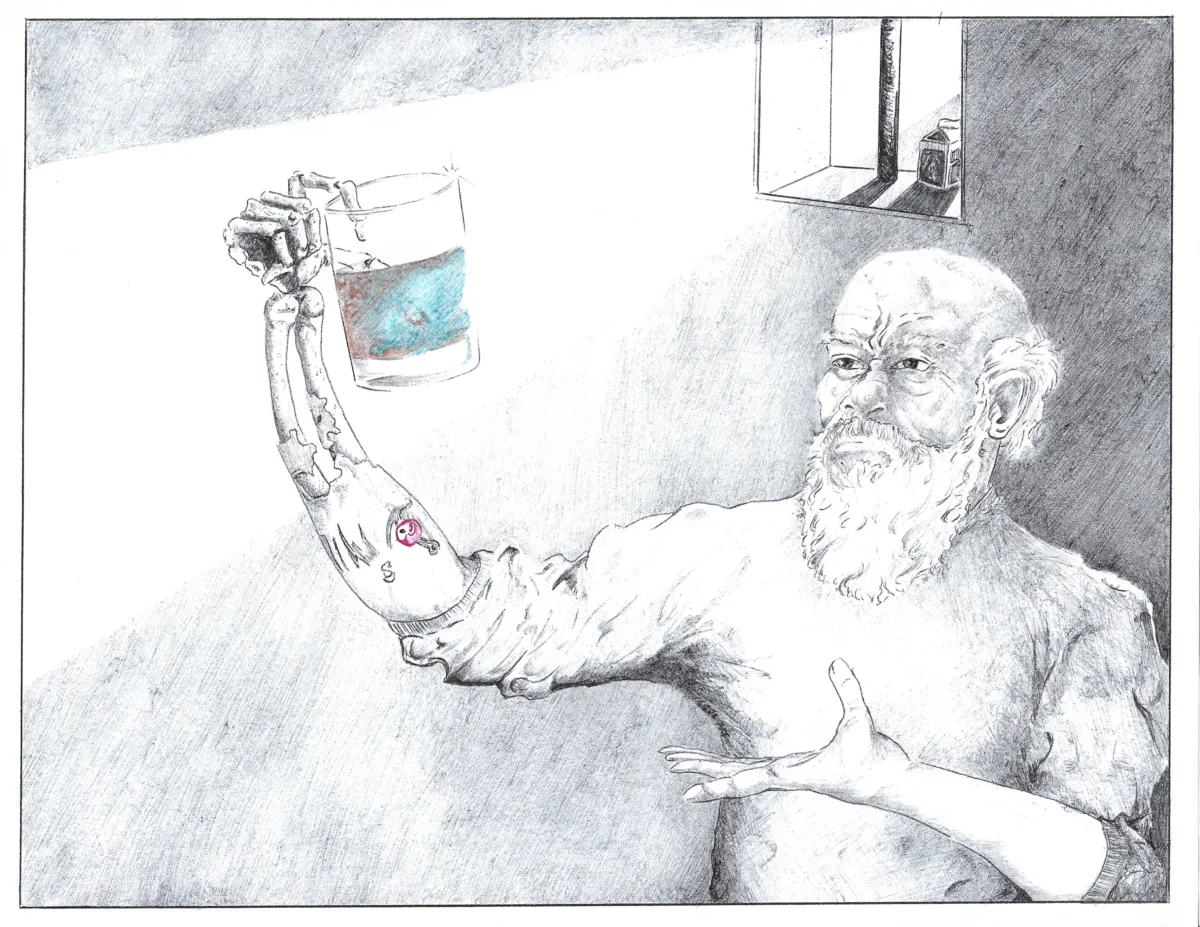
After mystery illnesses and toxic reports, prisoners at California’s Mule Creek State Prison worry their water is killing them.
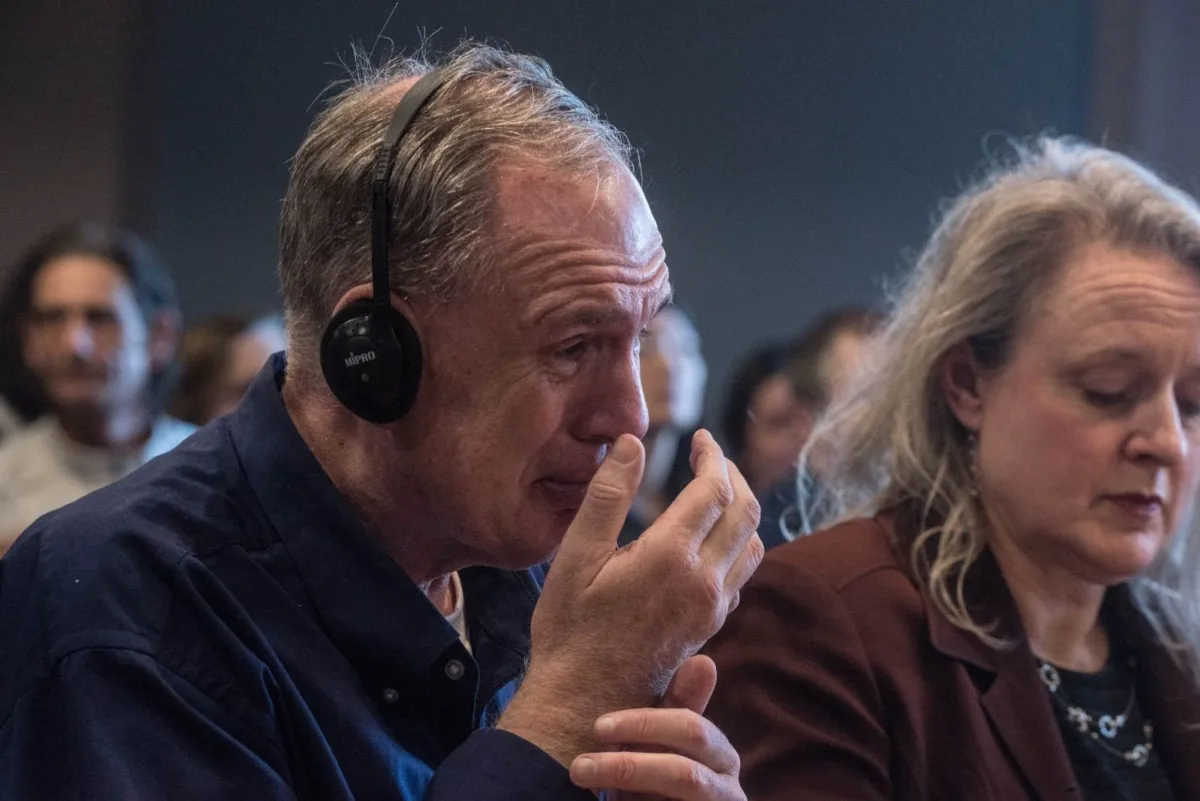
James Carver spent 36 years in prison after he was convicted of setting one of the deadliest fires in Massachusetts history. But after reviewing new scientific evidence, a judge set him free.
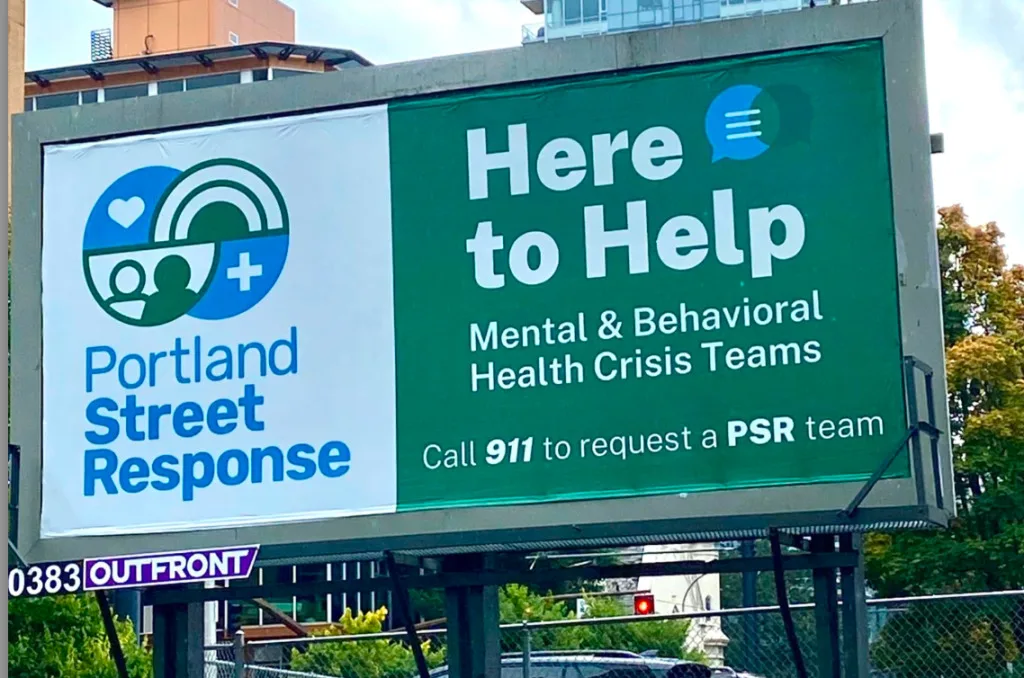
As Portland weighs expansion of an alternative crisis-response program, new data from a MindSite News-Medill investigation shows police often deploy force on residents who are unhoused or grappling with mental illness.
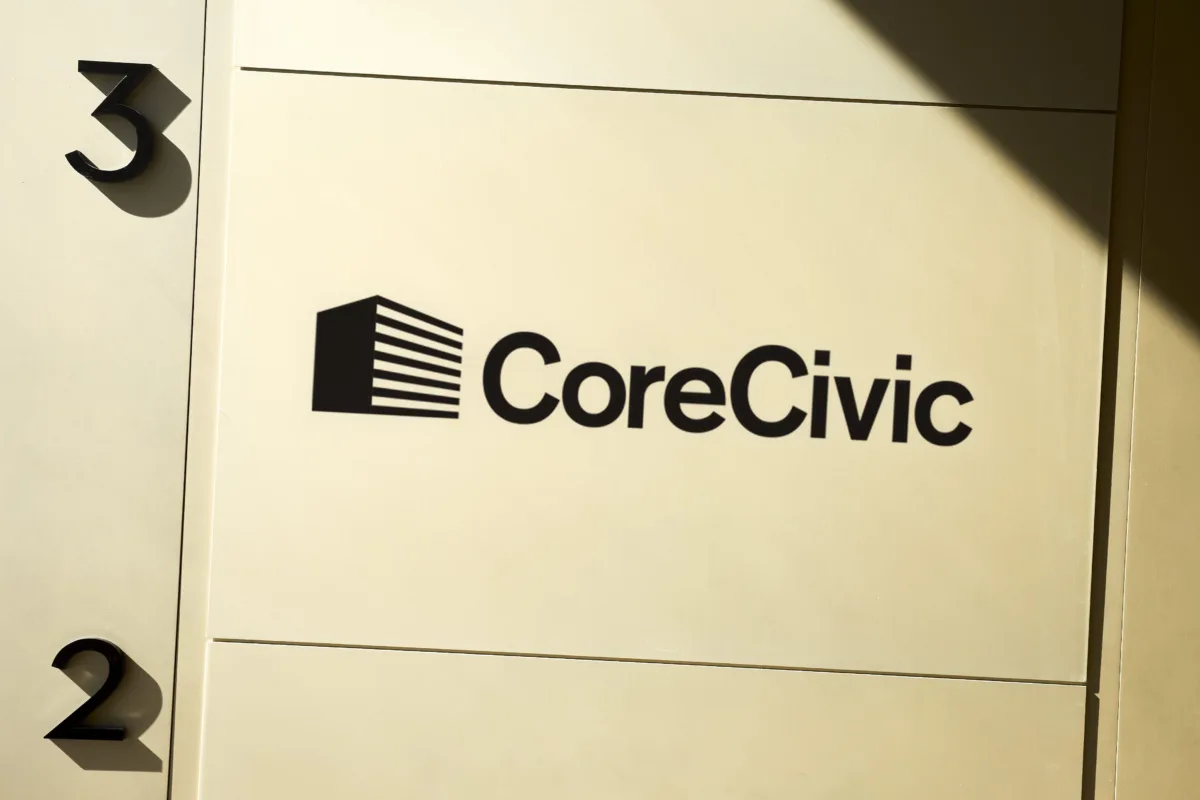
In a quarterly earnings call, the private prison company told investors that it plans to expand its operations across the country.

CEO tells investors the Trump administration represents an “unprecedented opportunity.”
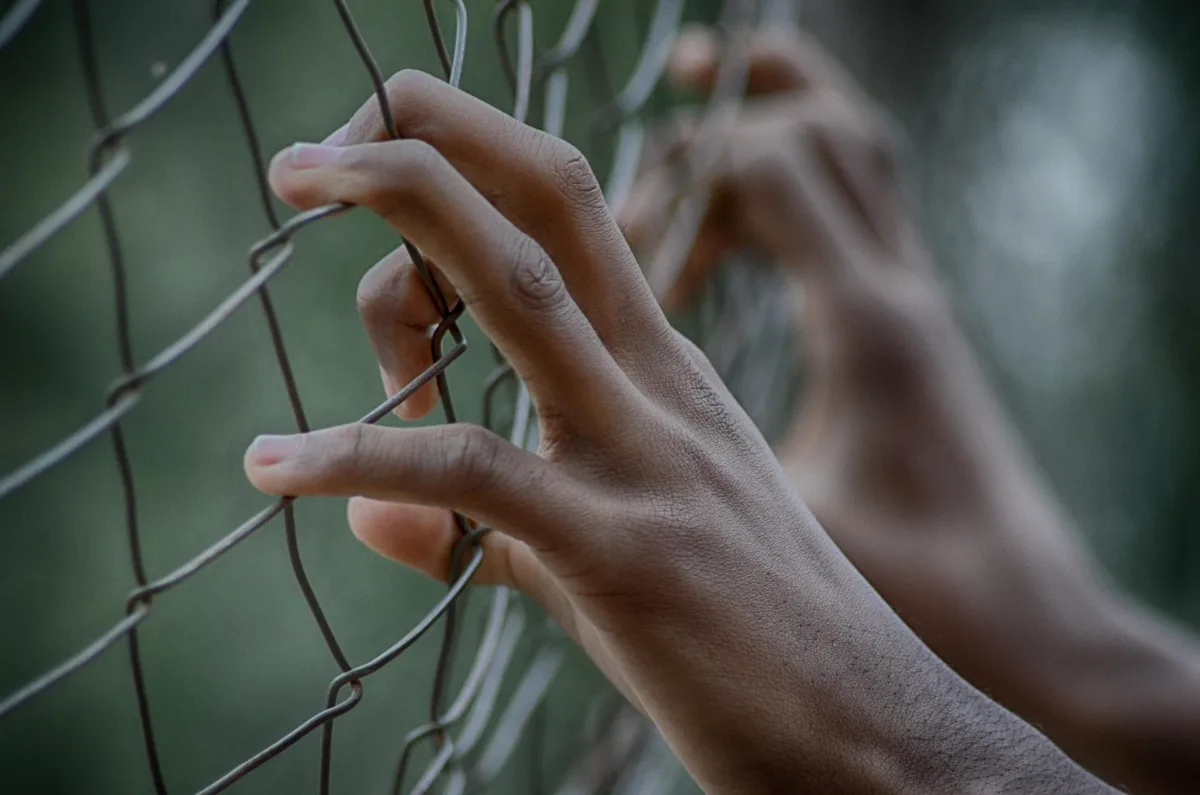
“Scared straight” programs don’t work. But that doesn’t mean incarcerated people shouldn’t mentor at-risk kids.
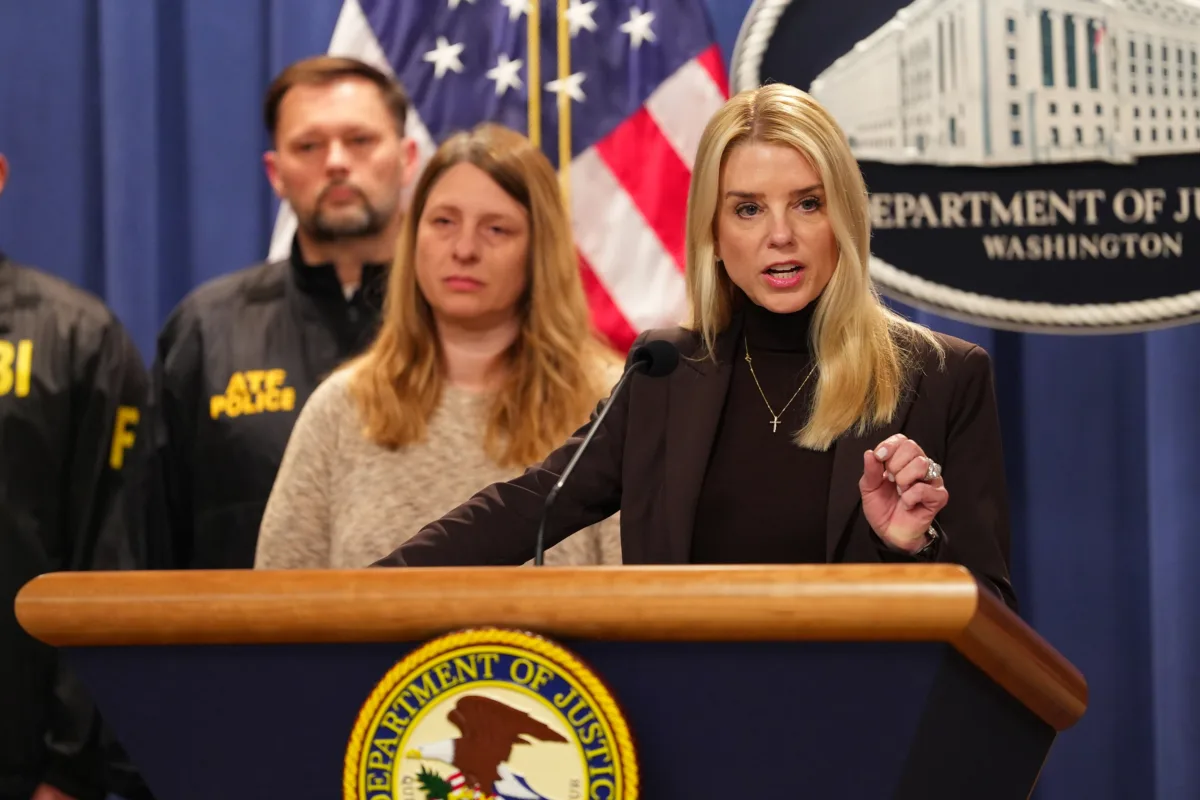
The Justice Department has removed questions about gender identity from the National Crime Victimization Survey, the Survey on Sexual Victimization, and the Survey of Inmates in Local Jails.
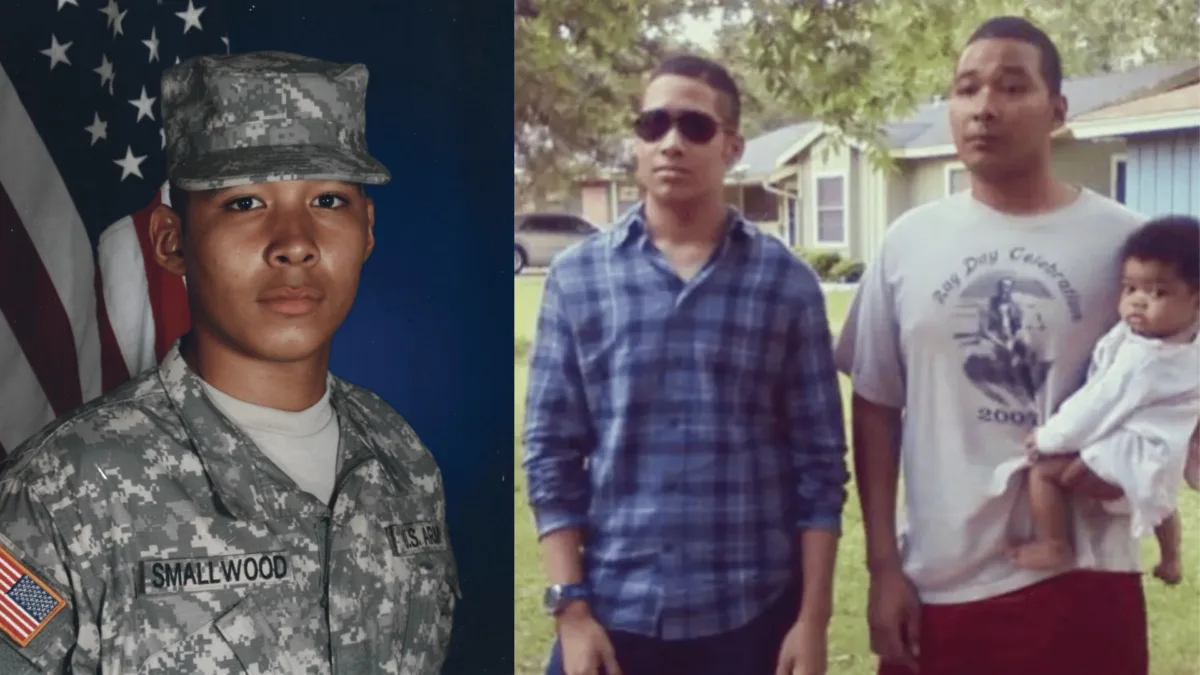
According to a wrongful death lawsuit, staff at the Angelina County Jail stood by as 33-year-old Glenn Smallwood vomited and died in front of them.
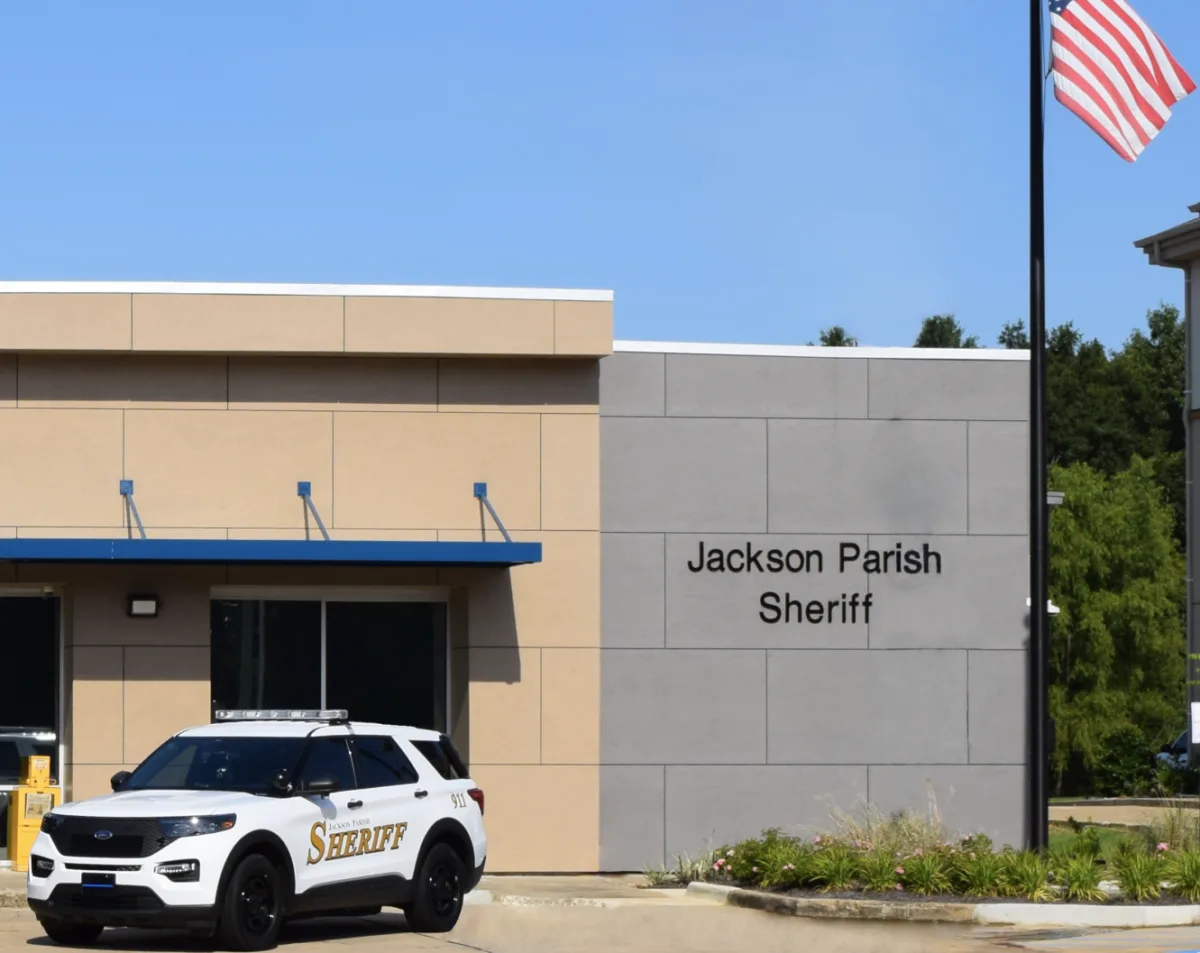
Investigators found the Jackson Parish Jail violated state rules 83 times between July and February—almost 12 times more than the second-worst lockup.
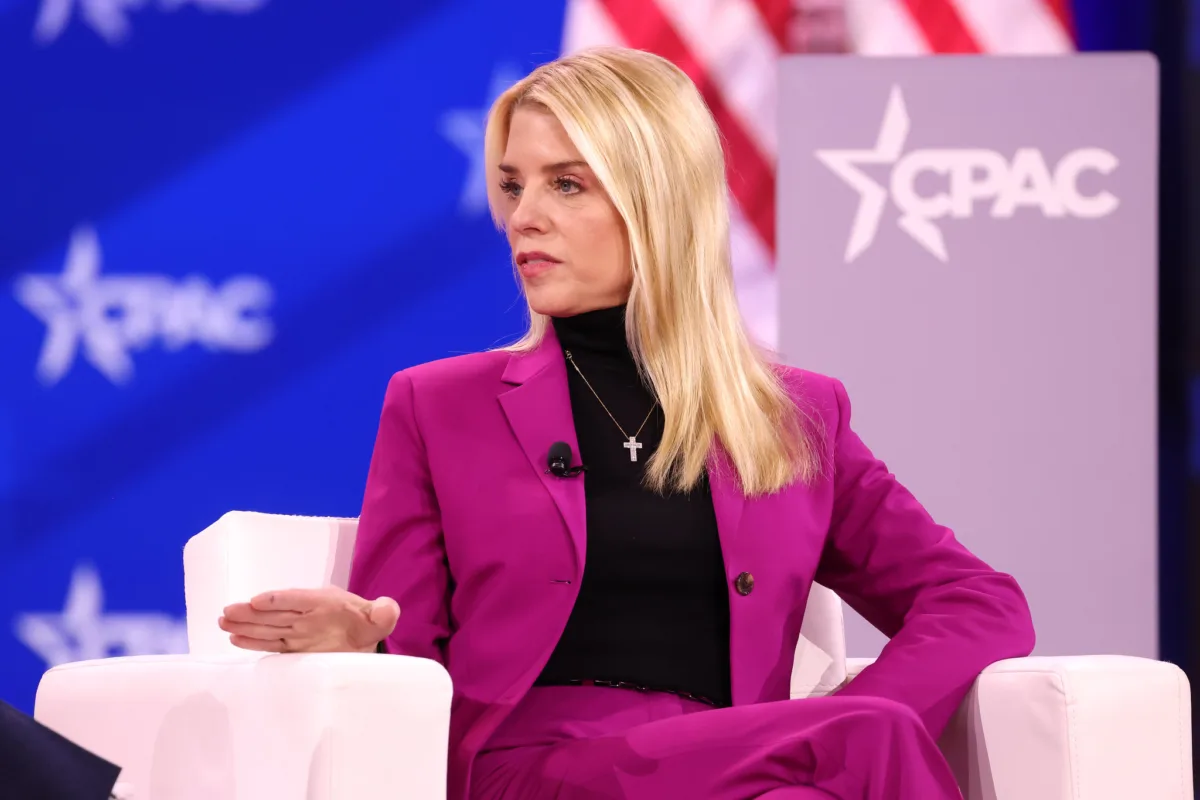
A letter obtained exclusively by The Appeal says Trump’s Department of Justice has cut all funding to the Prison Rape Elimination Act Resource Center.
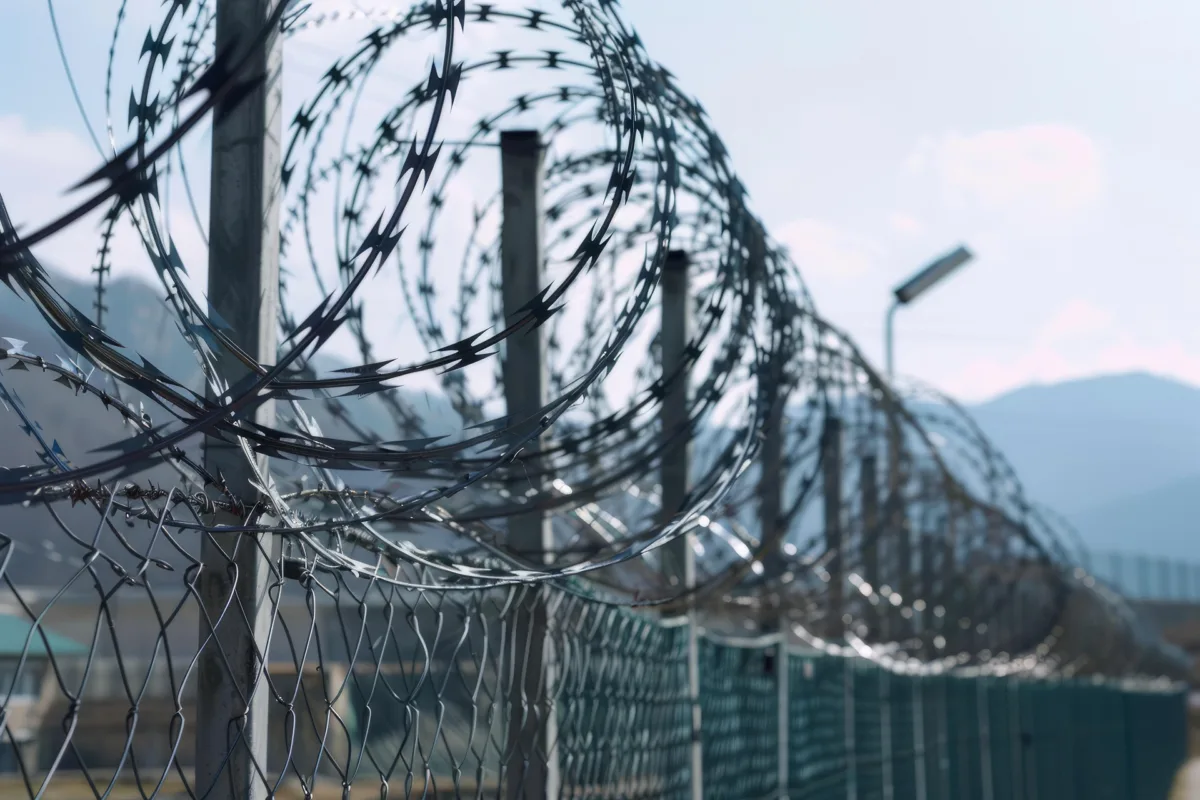
In half the country, sex offense civil commitment incarcerates people after they complete their prison sentences.
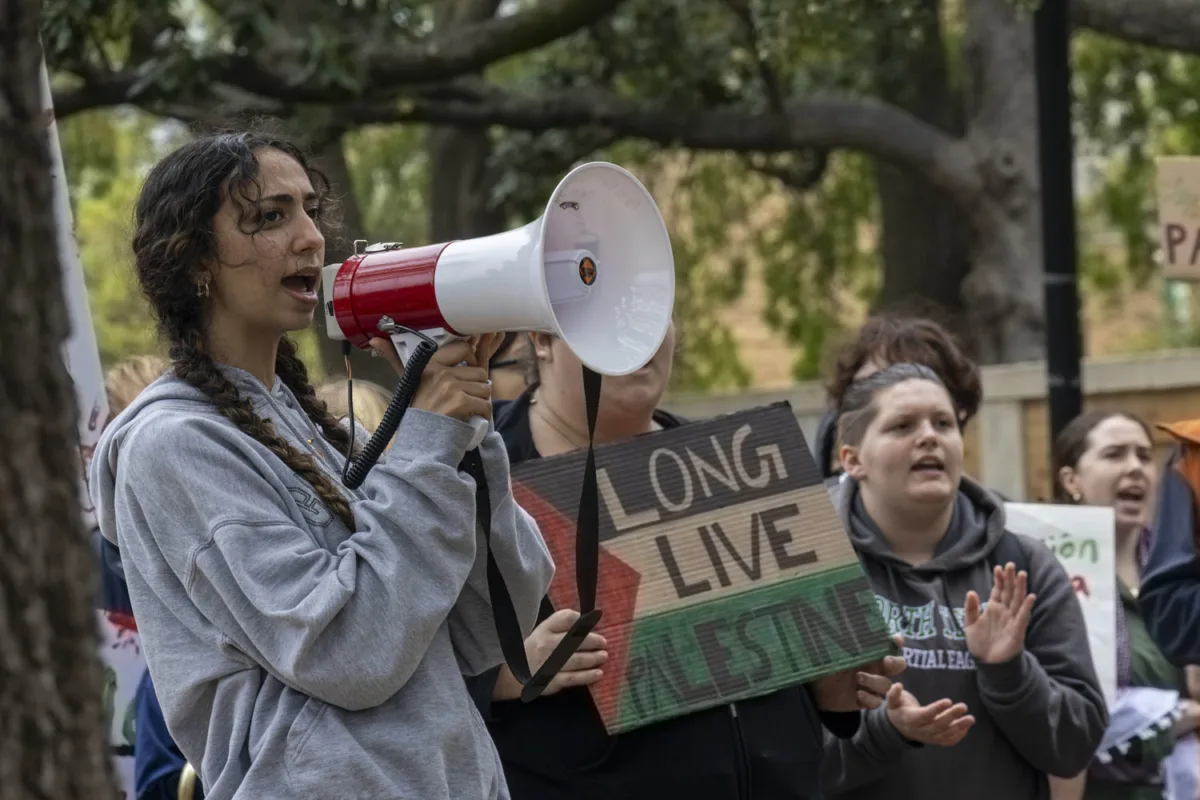
In five jurisdictions reviewed by The Appeal, prosecutors have filed or are considering filing 187 charges against 66 protesters—including alleged hate crimes on cops, mob action, and attempted ethnic intimidation.

At least six people at Red Onion intentionally lit themselves on fire last year. Now, prisoners say staff are forcing people to comply—or cutting their electricity.
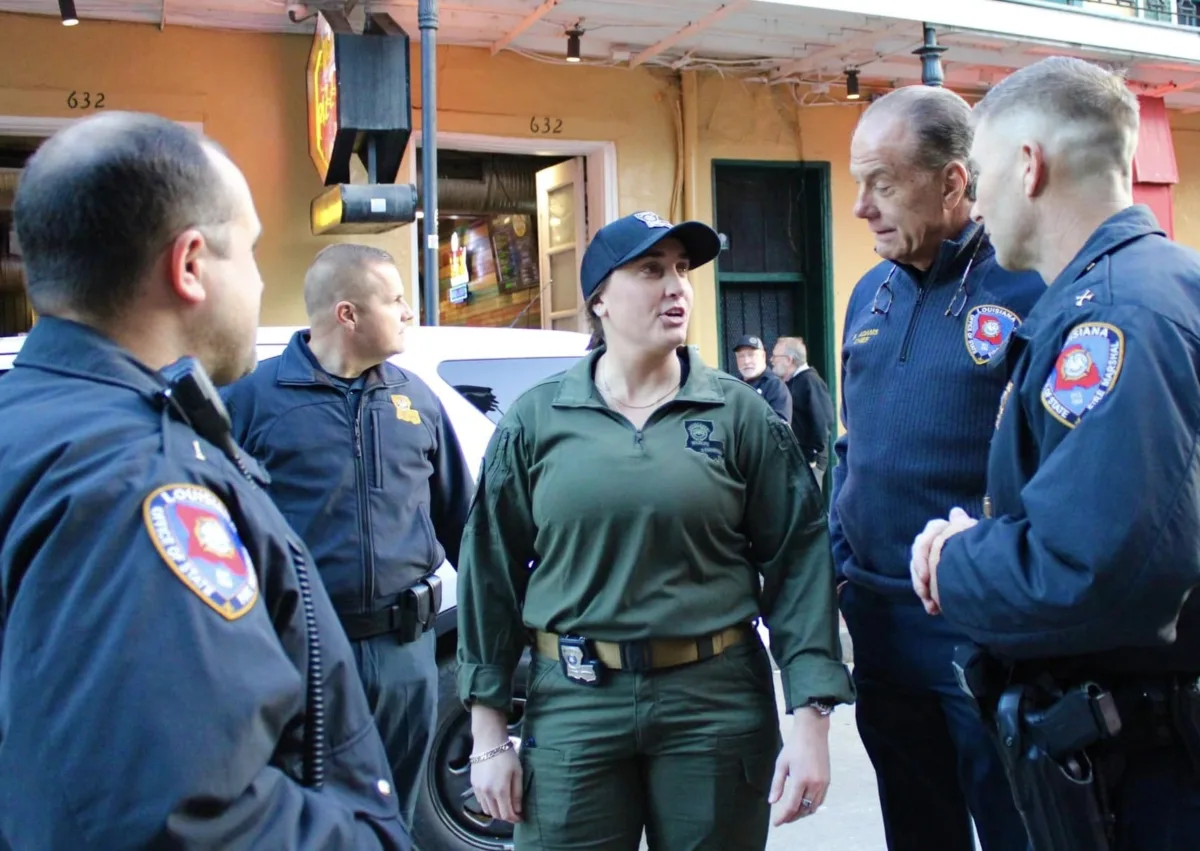
Madison Sheahan’s Wildlife and Fisheries officers sent unhoused people to a New Orleans warehouse. What does that mean for the future?
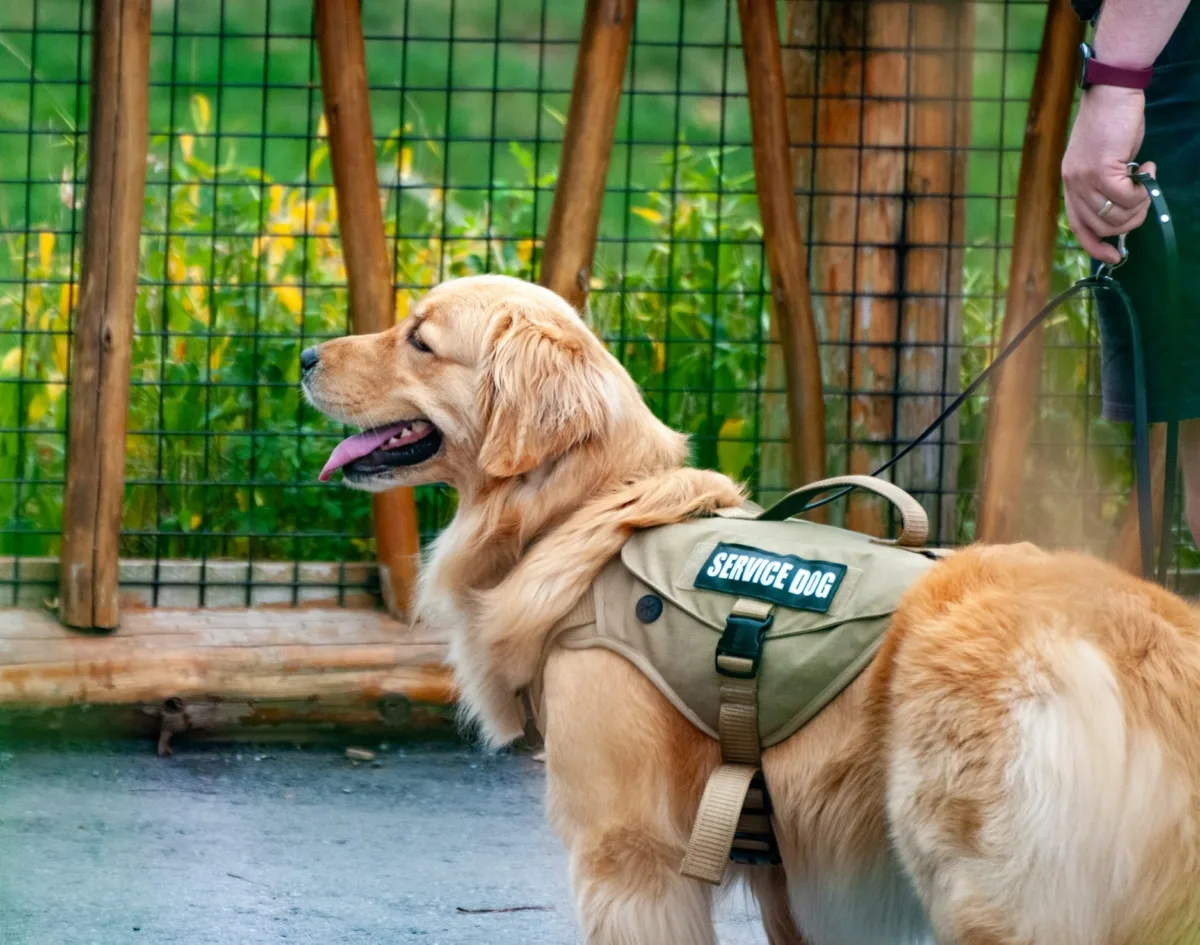
“We are not just training dogs — we are training ourselves to be better humans.”
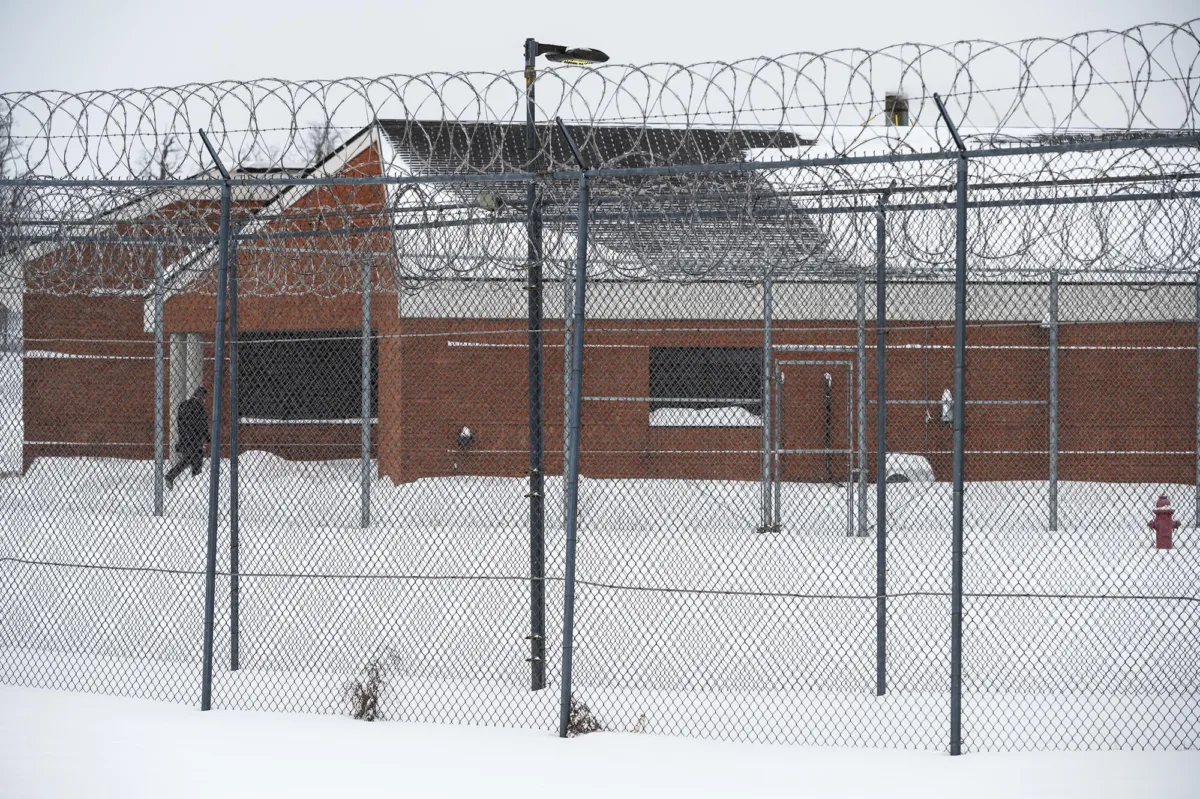
People detained in Vermont’s prisons for U.S. Immigration and Customs Enforcement and U.S. Customs and Border Protection struggle to call their families and have been exposed to physical violence.
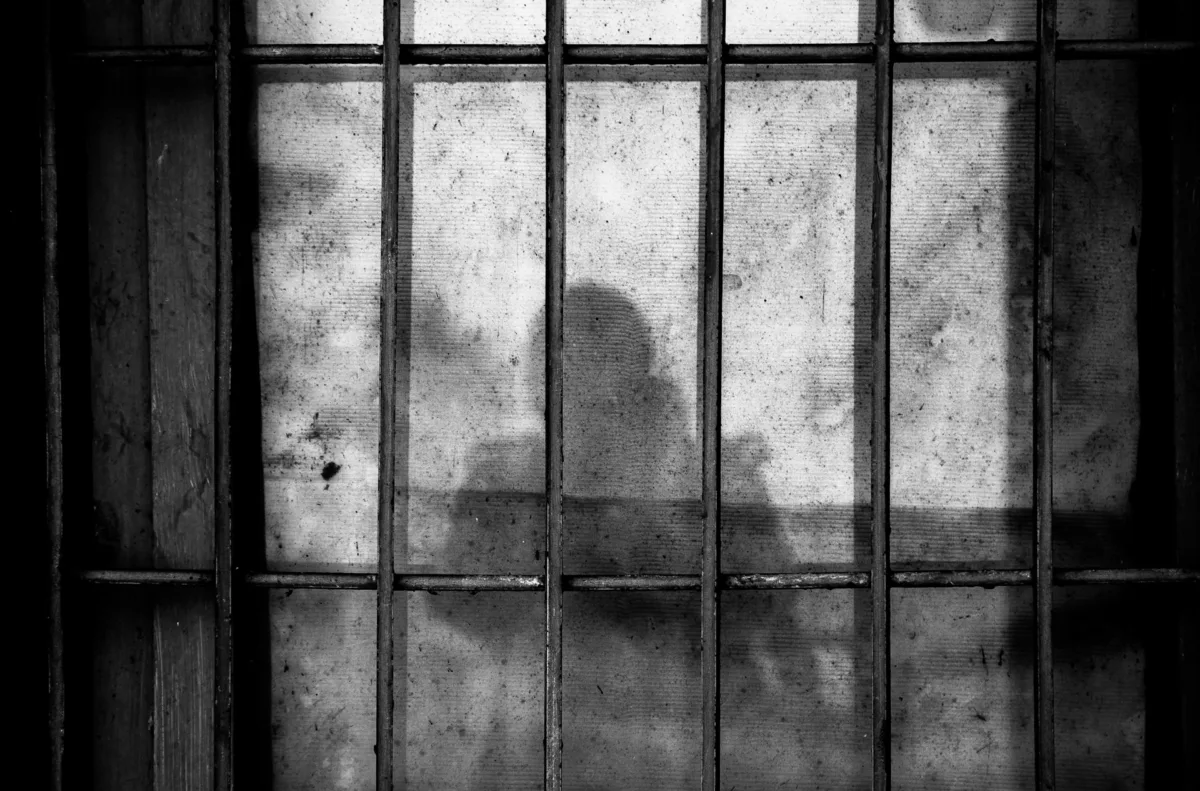
“Individuals increasingly find themselves in cages unfit for lab mice and subjected to conditions with less scrutiny than that of invertebrate species kept in aquariums.”
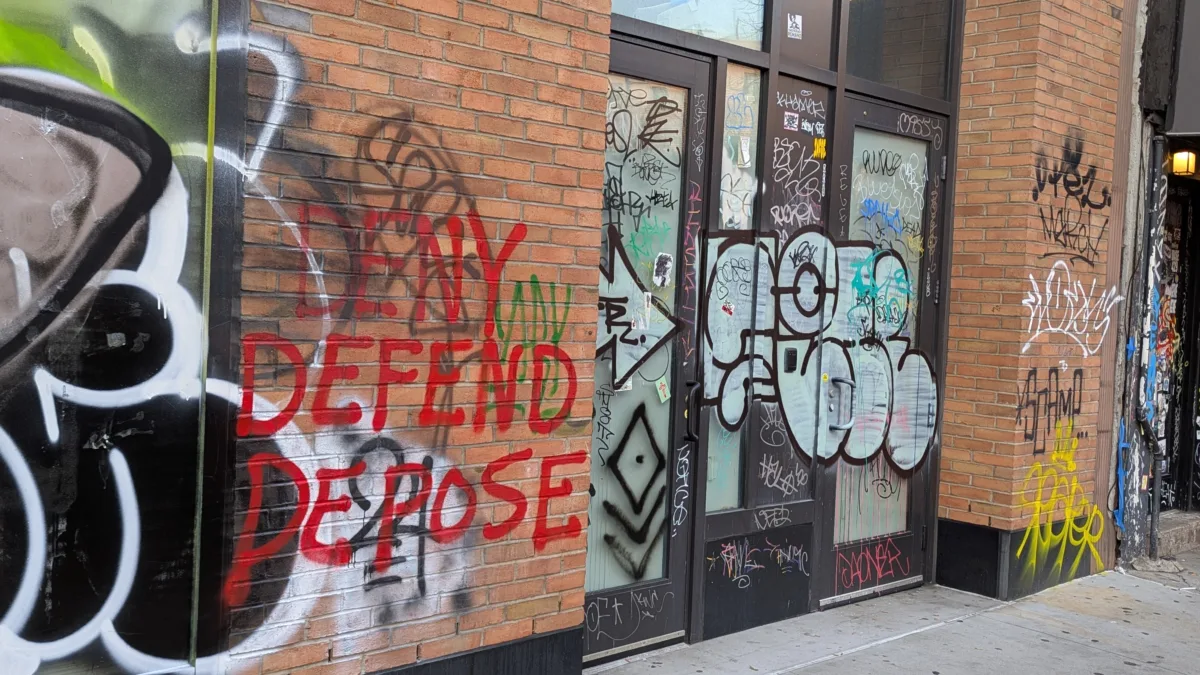
Attorney General Pam Bondi called the murder of UnitedHealthcare CEO Brian Thompson “an act of political violence.”

Alabama’s attorney general said he would charge abortion funds for helping people end their pregnancies in other states. On Monday, a federal judge said doing so would violate the U.S. Constitution.
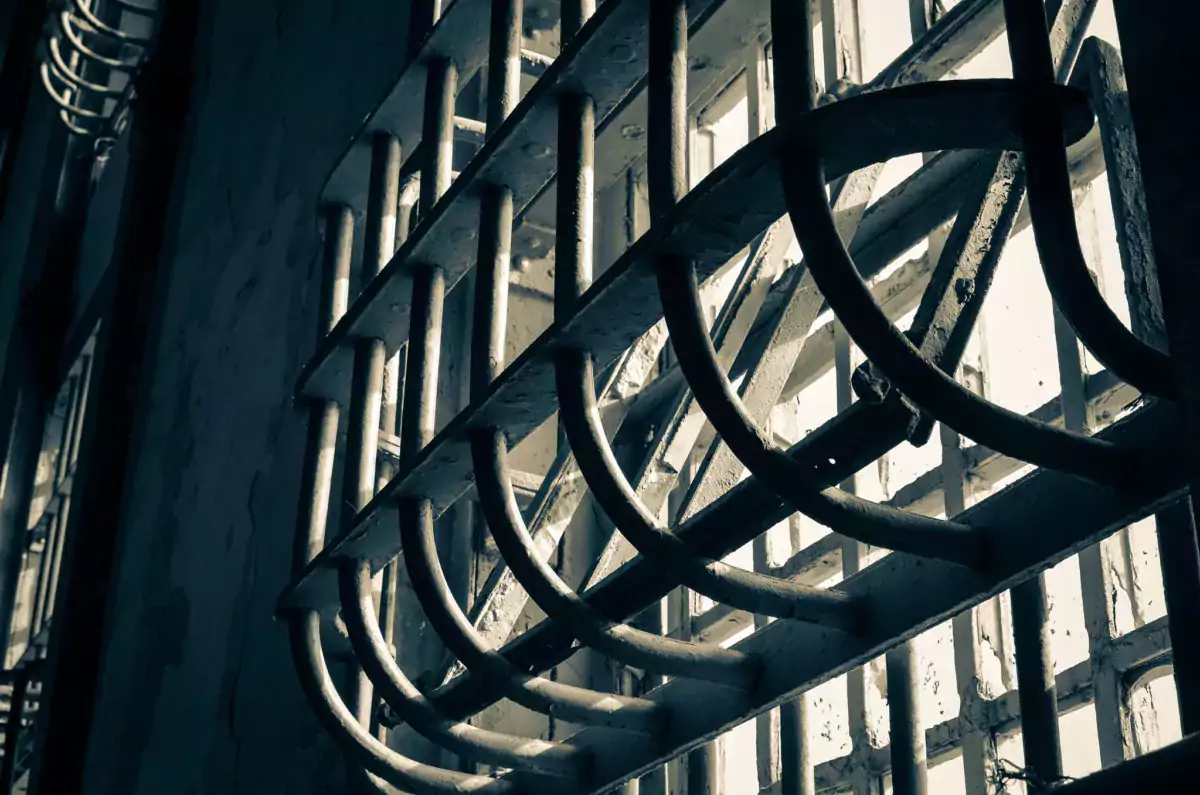
Texas state prisons incarcerate more than 4,500 people in two-person cells the size of a parking space for nearly 24 hours a day.
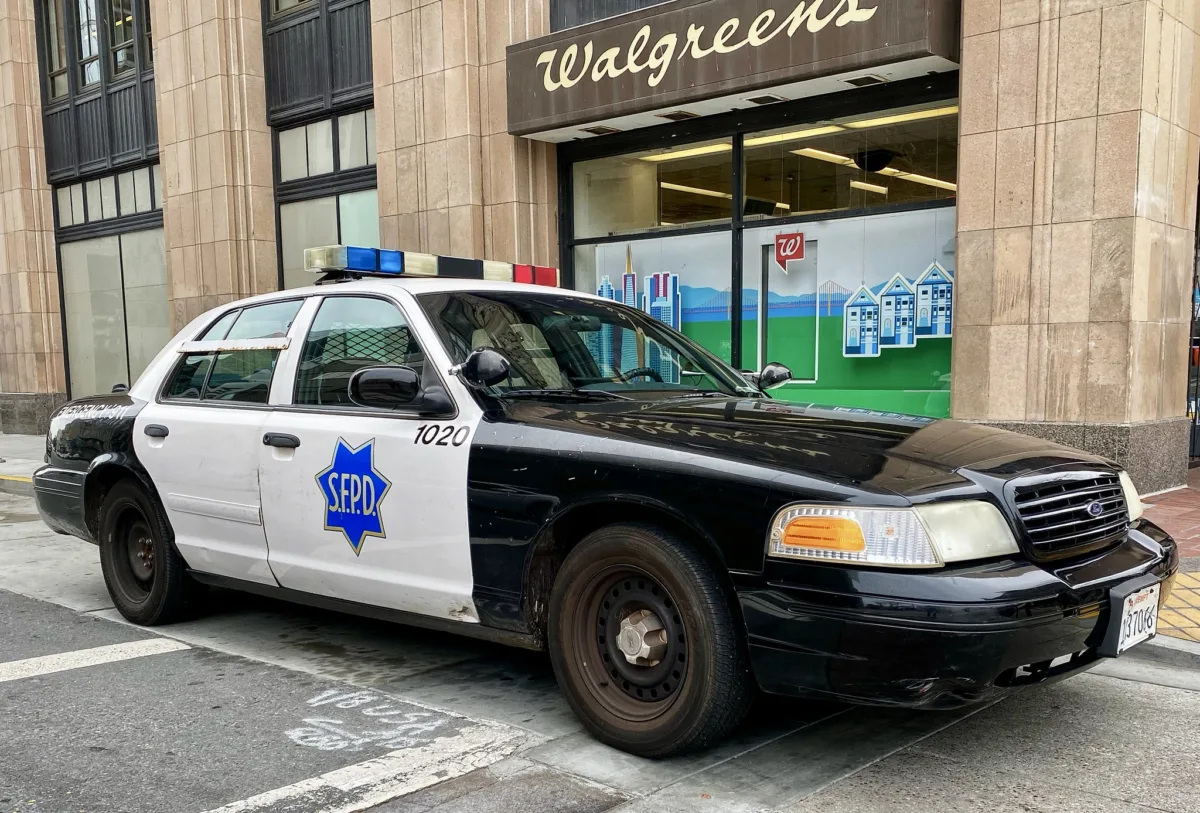
The “crime panic” was a myth. But an analysis by The Appeal shows the narrative helped local police buy facial recognition software, drones, license plate readers, social media surveillance tech, and more.
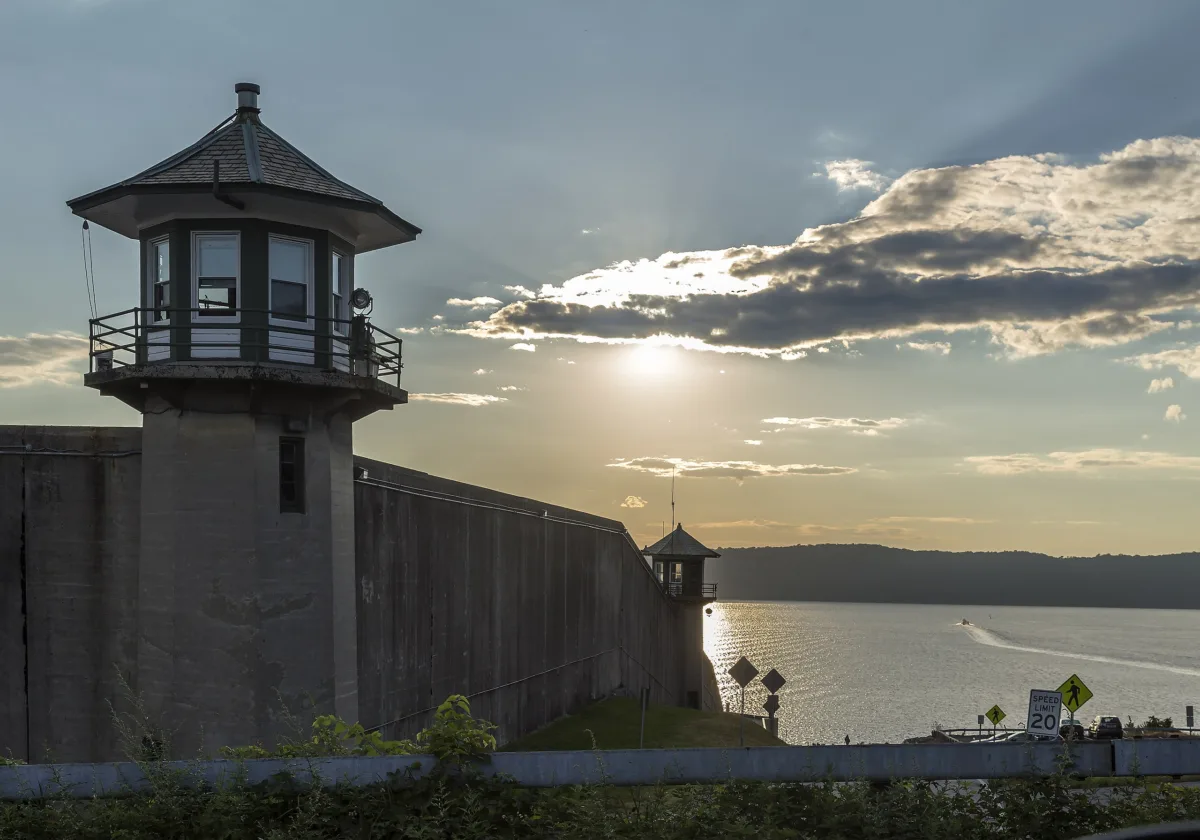
I’ve been in prison for 42 years. After New York State closed my facility, it sent me to Sing Sing—a prison filled with tension and violence.

Federal prosecutors have filed charges against at least three people for allegedly damaging Tesla property.
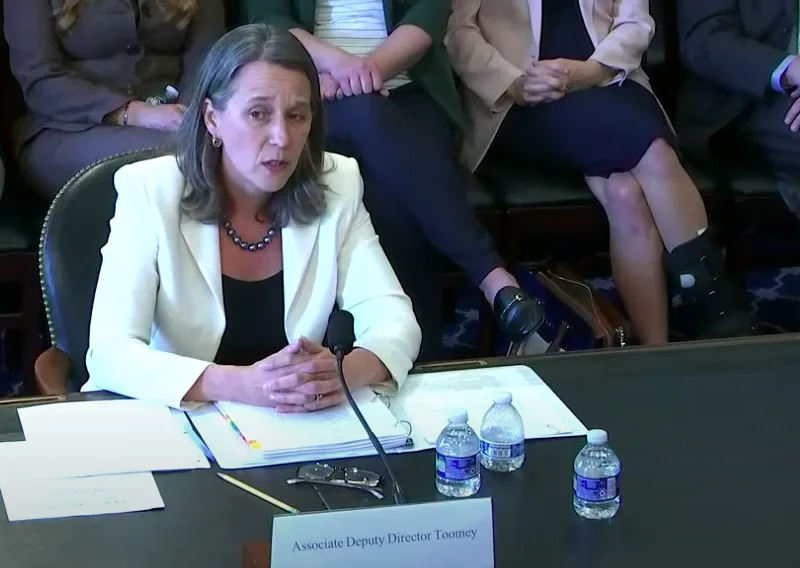
“I’d rather not live than be forced to live as a man,” a trans woman in a federal prison in New Jersey said in a sworn statement.
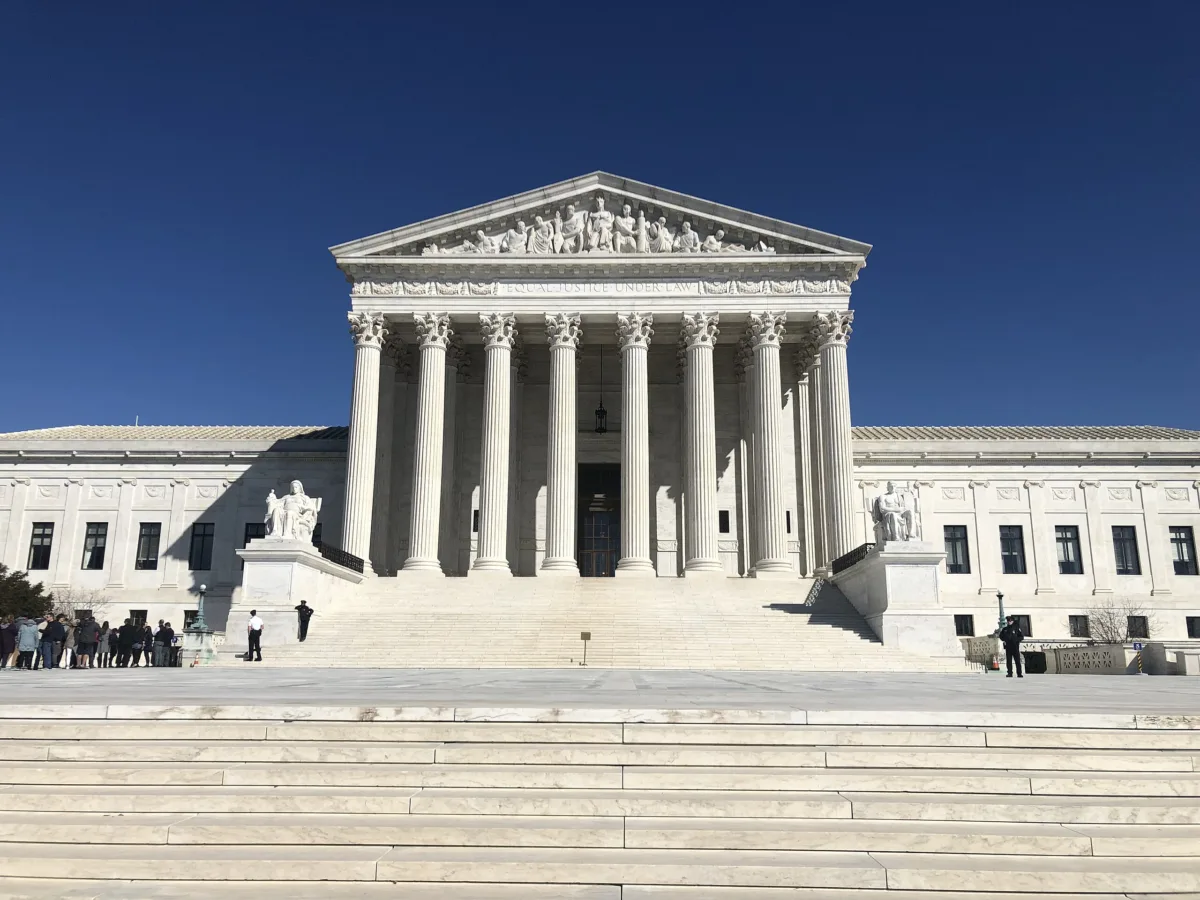
In January, the U.S. Supreme Court said Brenda Andrew, who was convicted of killing her husband in 2004, should possibly get a new trial after prosecutors sex-shamed her.

At least one trans woman in federal prison says Trump’s executive order has already prevented her from receiving hormone therapy, leading to “thoughts of suicide and self-harm.”
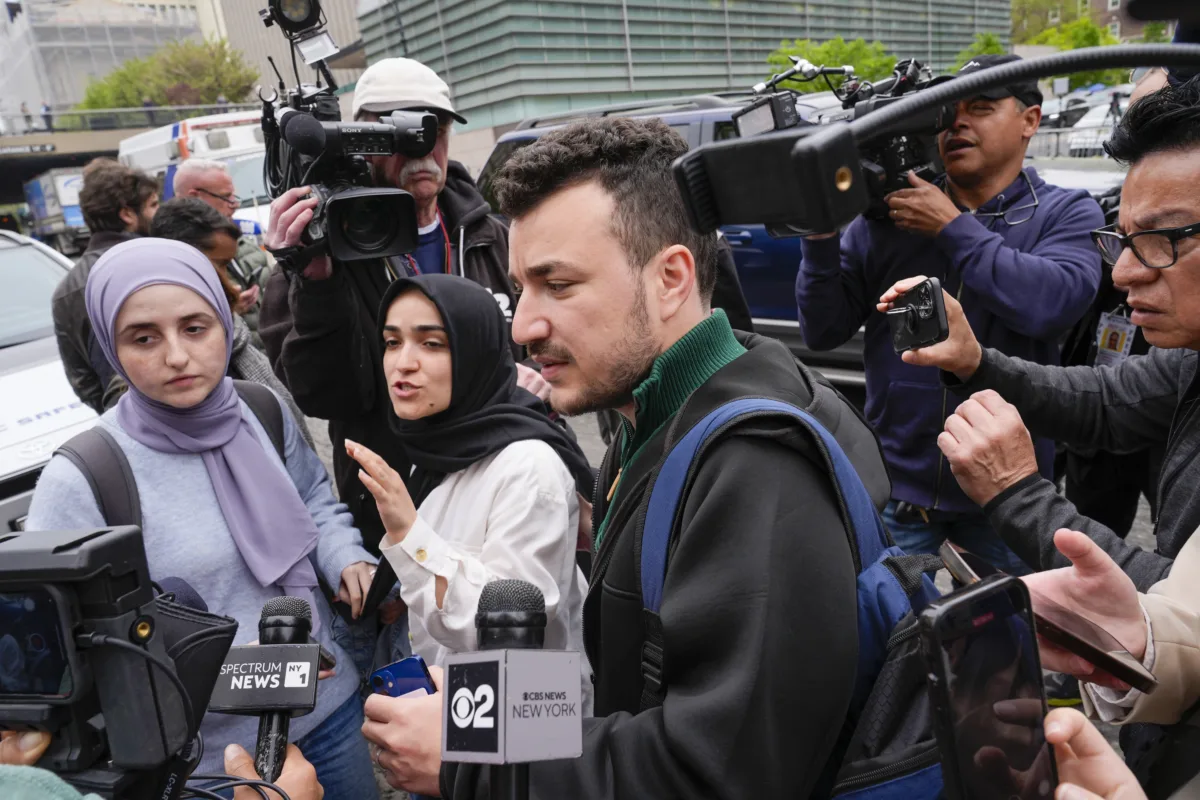
Inspections have found repeated violations of federal standards at GEO Group’s Central Louisiana ICE Processing Facility.

For more than 10 years, a group of incarcerated men have said Illinois prison guards forced them into painful stress positions and forced them to rub their genitals on one another.

I was raised an Eagles fan. Their Super Bowl win reminded me of painful lessons my father and his father gave me.
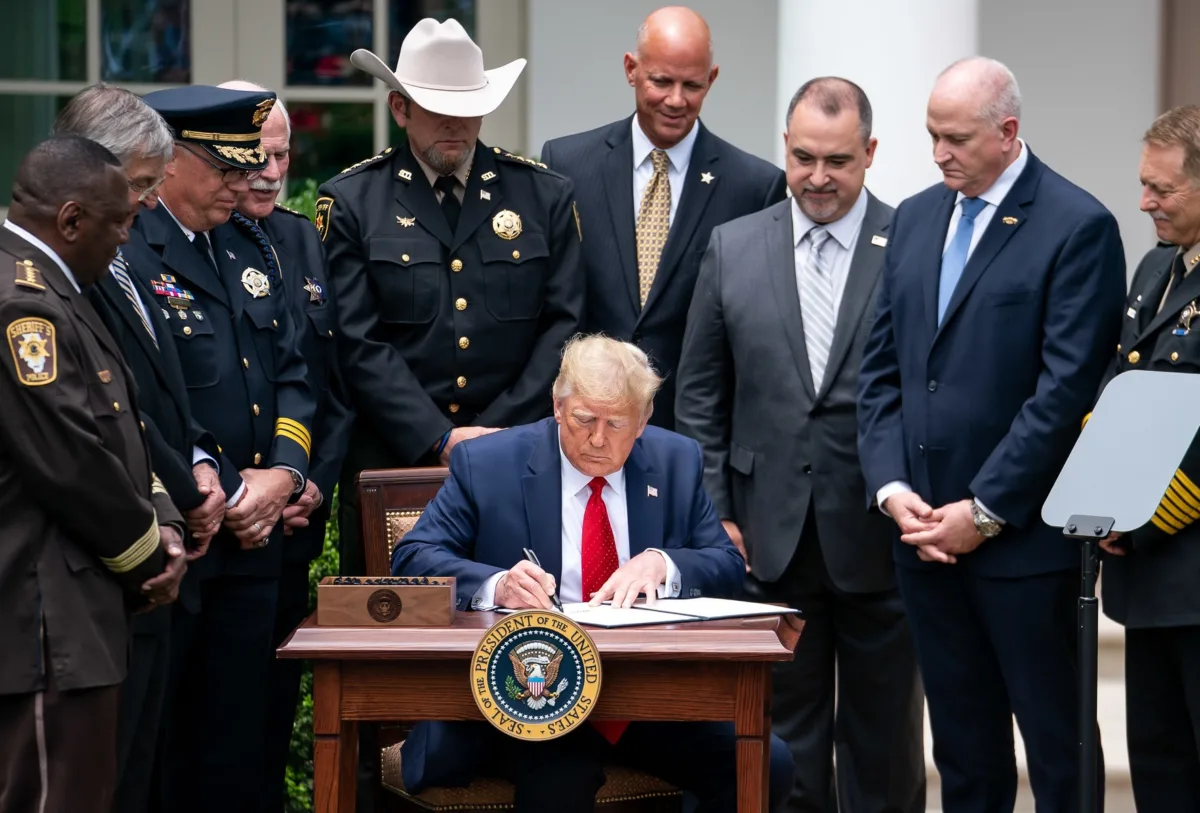
Data obtained by The Appeal shows that more than 75 percent of the misconduct incidents in NLEAD, the federal police misconduct database Trump deleted this month, were generated by prison and border guards.

GEO Group Chairman George Zoley said the company stands to gain up to $1 billion in additional revenue from detaining and surveilling undocumented immigrants.
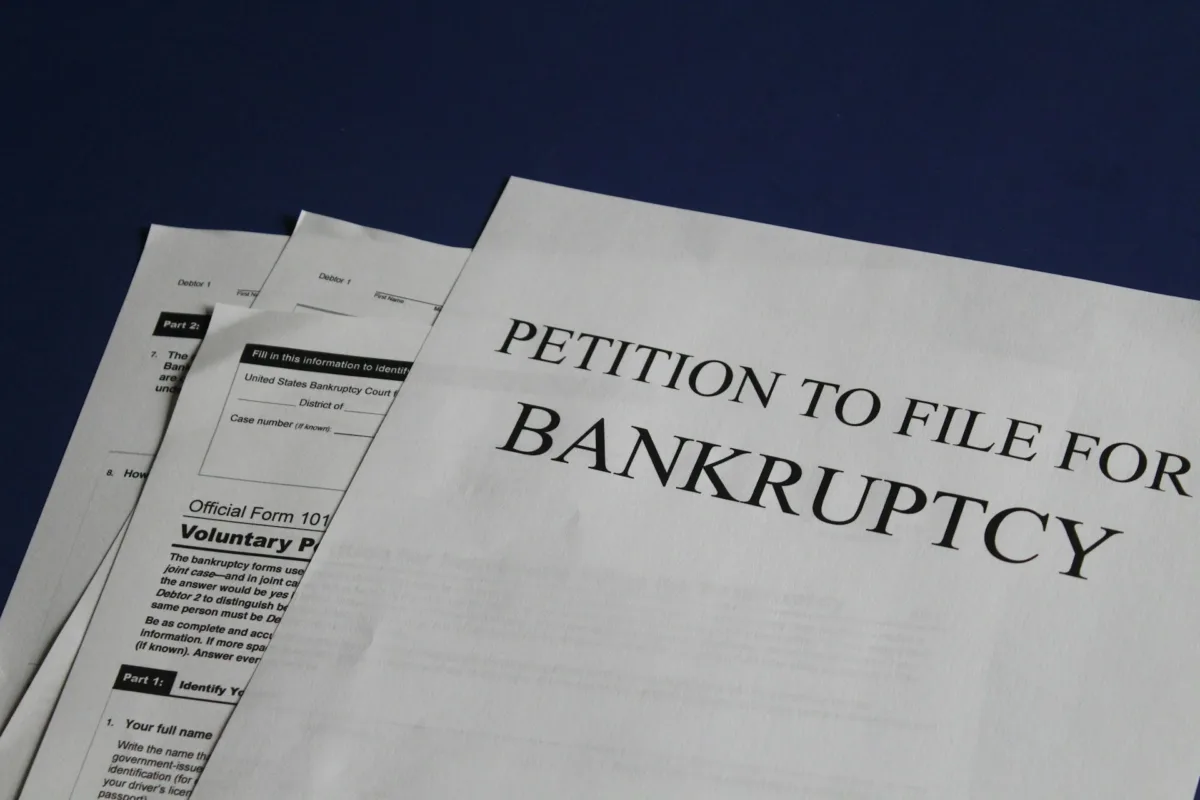
Wellpath, one of the nation’s largest private correctional medical contractors, has conveniently filed for bankruptcy as it faces scores of lawsuits for alleged neglect and misconduct.